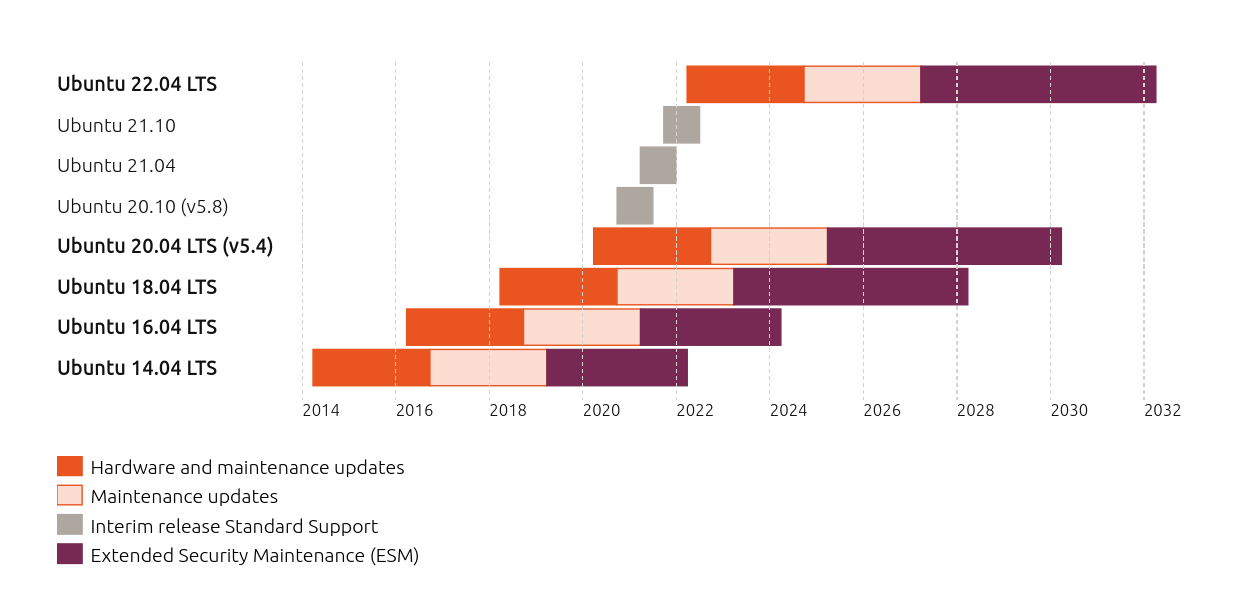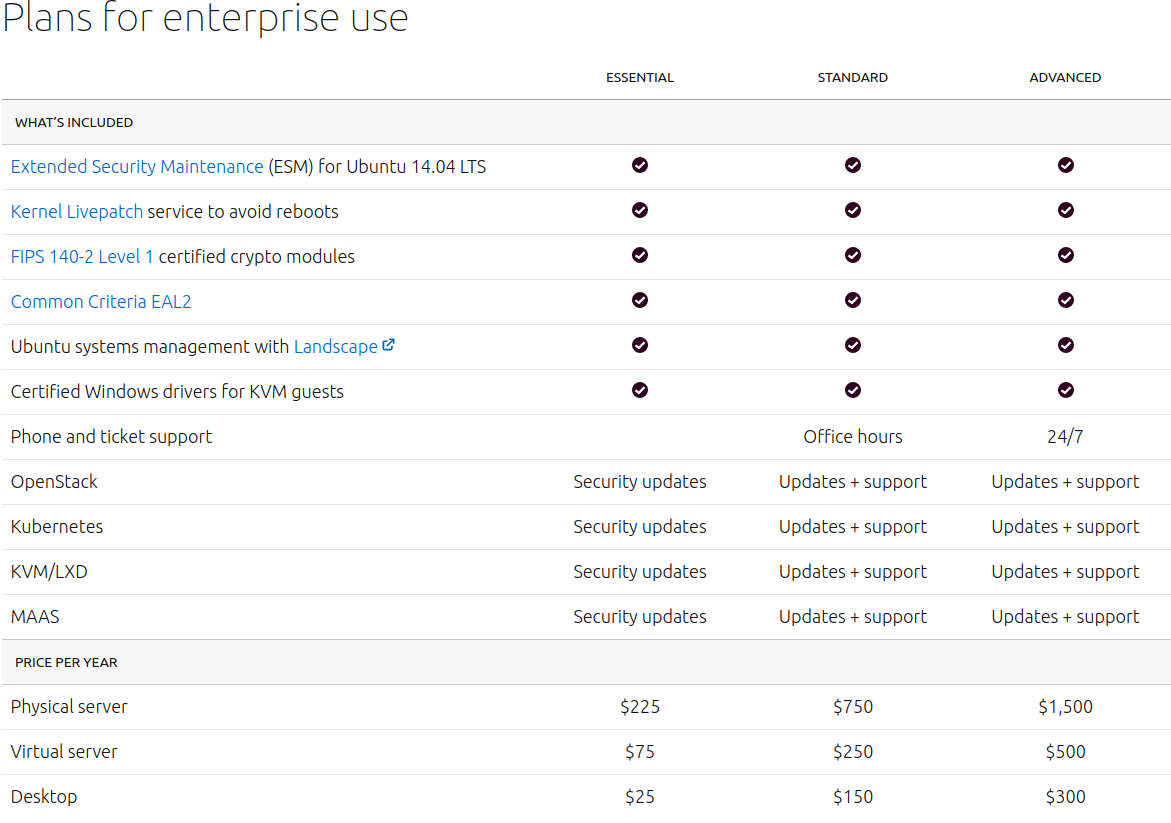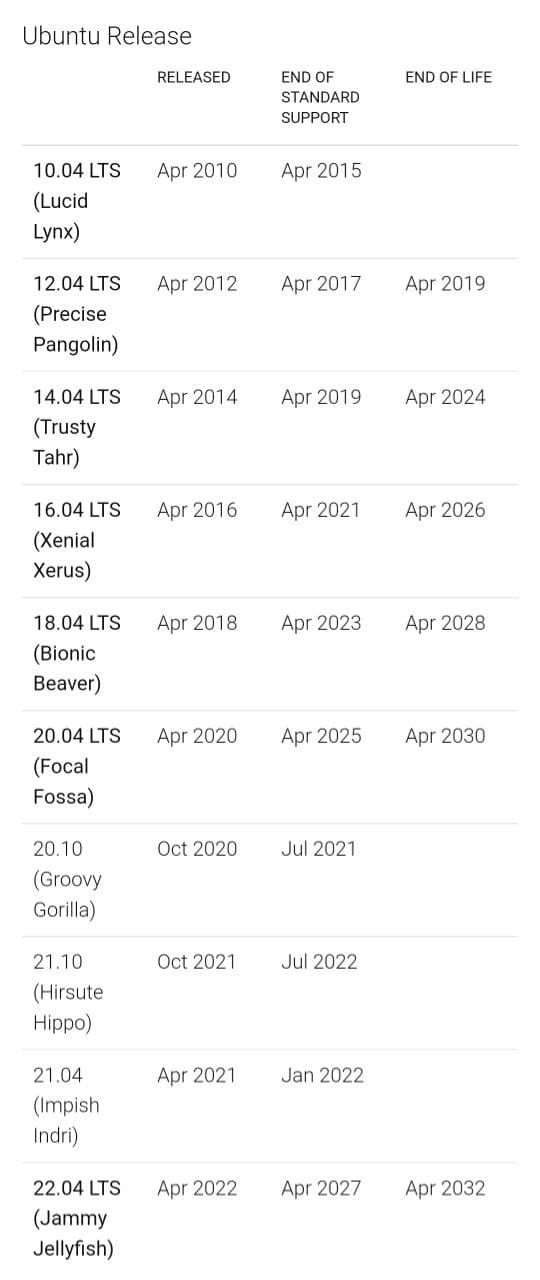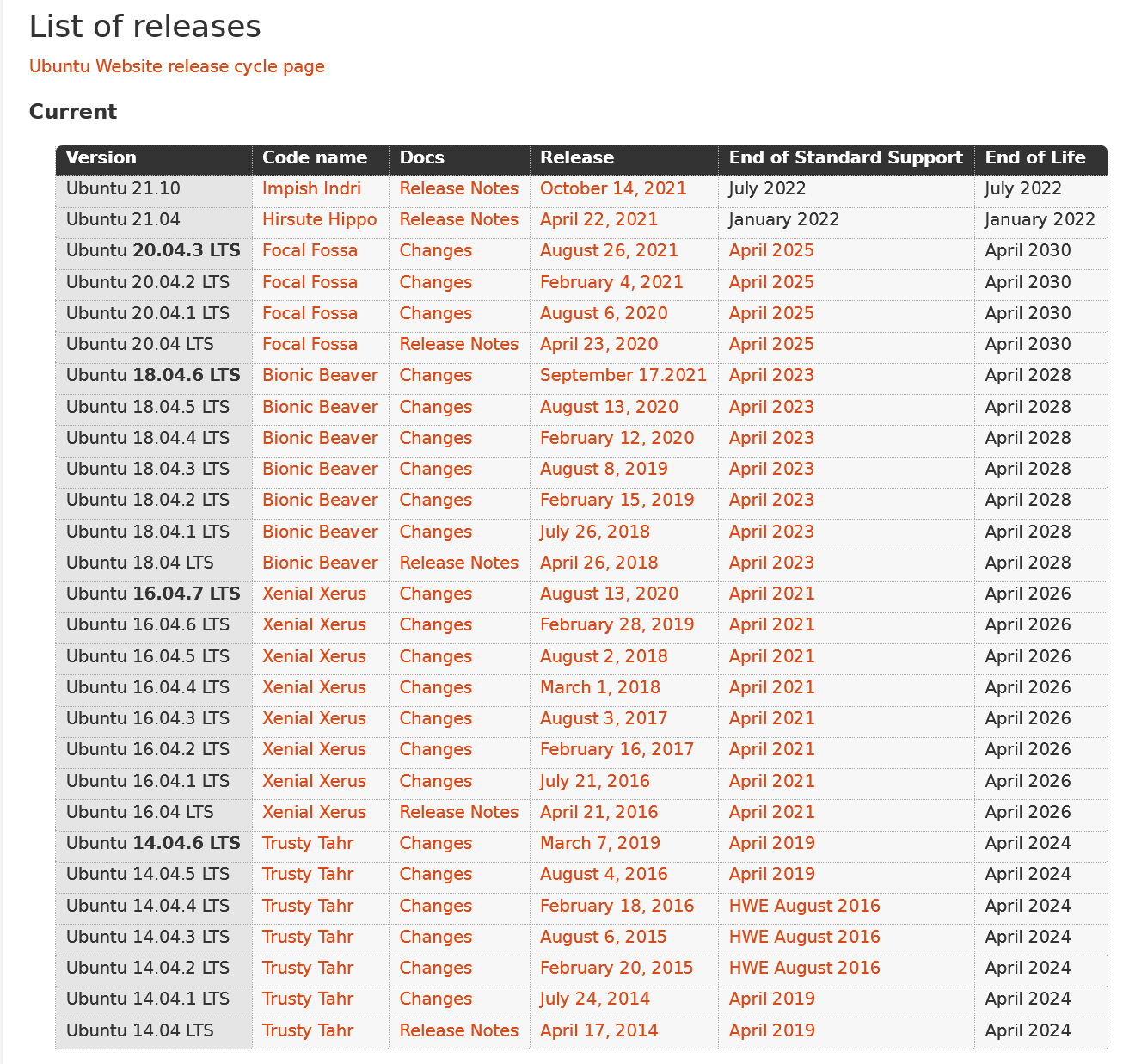You're right that the Ubuntu wiki uses the term "End of Life" in a way that supports your argument, i.e. it says that Ubuntu 14.04 will be EOL in April 2022.
Disconcertingly, the mobile version of the ubuntu.com release cycle page uses the term "End of Life" in a completely different way (the desktop version of the page avoids the term entirely, though it does link to the wiki page which contradicts the table in the mobile version).
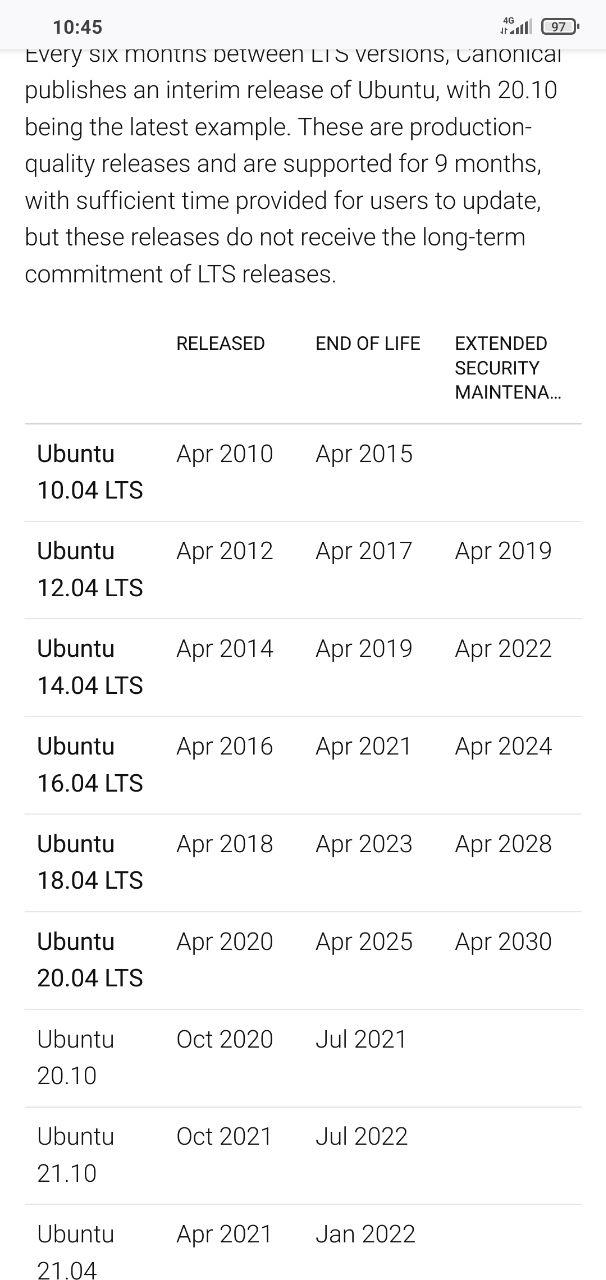
From this I conclude that Ubuntu 14.04 is EOL, and Ubuntu 14.04 is not EOL, and therefore, everything is true; in particular it is true that we currently have a policy that is not really possible to understand or consistently apply.
Thomas Ward has asked Canonical to clear things up, and they have said that they are working on the public definitions.
In the meantime, I think we've all been using the method described in chat by terdon to decide what old releases are off, topic, that is:
Has @ThomasWard posted an EOL notice about this release on meta? If yes, it is off topic and if not, it isn't
Also in this long meantime of EOL being poorly defined, Thomas Ward has argued that we should support those versions of Ubuntu that Canonical say are in Standard Support according to the wiki page. Perhaps we can consider ourselves part of Standard Support, although, as Thomas Ward wrote
there has been increasing confusion as to what "standard support" means, and how
it applies to community support mediums such as IRC, the Forums, Ask Ubuntu, etc
He has also proposed rewording or clarifying the policy we have to use a clear definition of "standard support" instead of relying implicitly on Canonical's confusing definitions of "end of life". This seems like a significant improvement on the current situation to me.
But I would like us to take this opportunity to consider what our currently incoherent EOL policy is trying to do, what it's actually doing, and whether/why we do want to continue with that.
I thought the justification for closing questions about (supposedly specific to, but in practice just all of them unless someone appeals a closure on meta) old releases was that we want to strongly encourage people to upgrade, because old releases are insecure. I feel the existence of ESM does challenge that justification, as you have argued, especially if ESM is free. Personally, I'm not convinced that libraries being old leading to compatibility issues with new software and whatnot is a good reason to declare questions off topic. The "it's for your own good" argument seems to me just not at all in the spirit of software freedom at that point, though of course we're not actually stopping people from using old releases by closing questions about them, just making it harder, and maybe I might be able to persuade myself that that is the right thing to do.
Seeing what happens on the site, it does look as if people here want there to be a policy that allows questions about old releases to be closed. It does serve the purpose of getting this tricky question off my plate.

One thing on my mind when trying to consider this question of what versions we should support is that, we are not tech support, or customer service -- we are a Stack Exchange community, and we are "working together to build a library of detailed answers to every question about Ubuntu.". Nobody here is in any way obliged to answer any particular question, about 14.04 or any other release, and the question here is not, do we want to answer these questions, but, do we want to actively prevent them from being answered? The answer to this can totally be yes, like, "yes, because we want to strongly encourage people to upgrade as it's in their own interest" or "yes because our community can't reasonably be expected to address issues people have with ancient releases", but we do need an answer, especially as the votes on this meta question about closing questions about EOL releases and the one it's closed against suggest that it's a fairly unpopular policy, at least among the small subgroup of our community that uses meta, or has done so over time.
TL;DR
In practice, questions about Ubuntu 14.04 are off topic on Ask Ubuntu, but the policy behind that practice is in great need of revision, one way or another. Thank you for challenging that policy and reopening discussion about it, pushing for things to change for the better.



